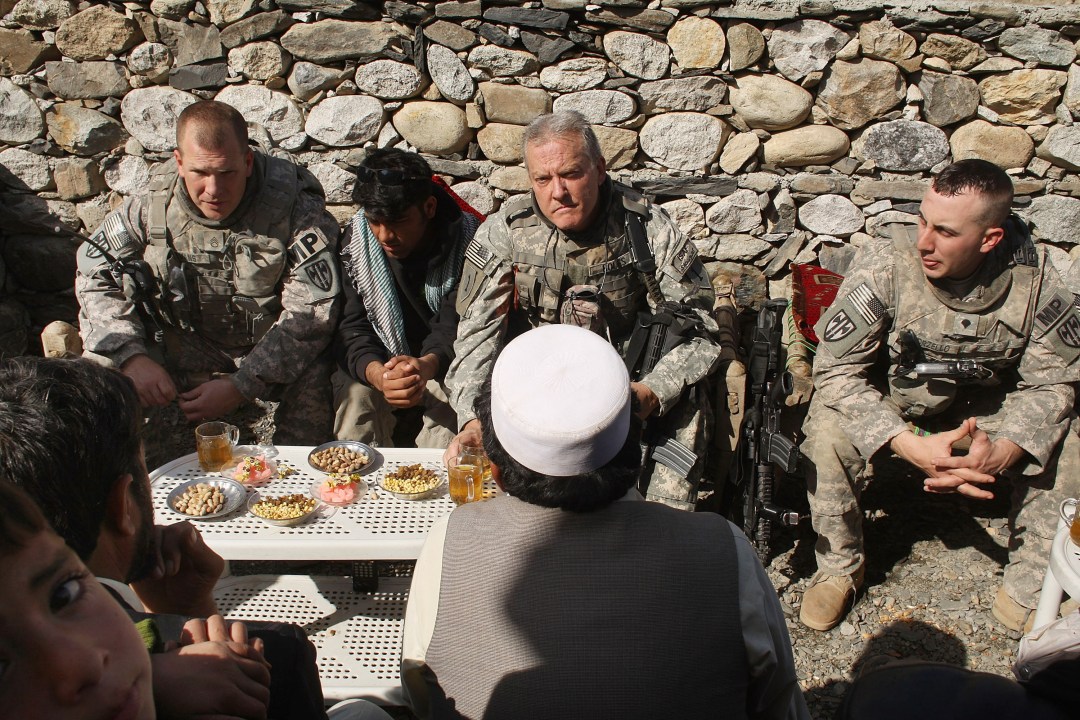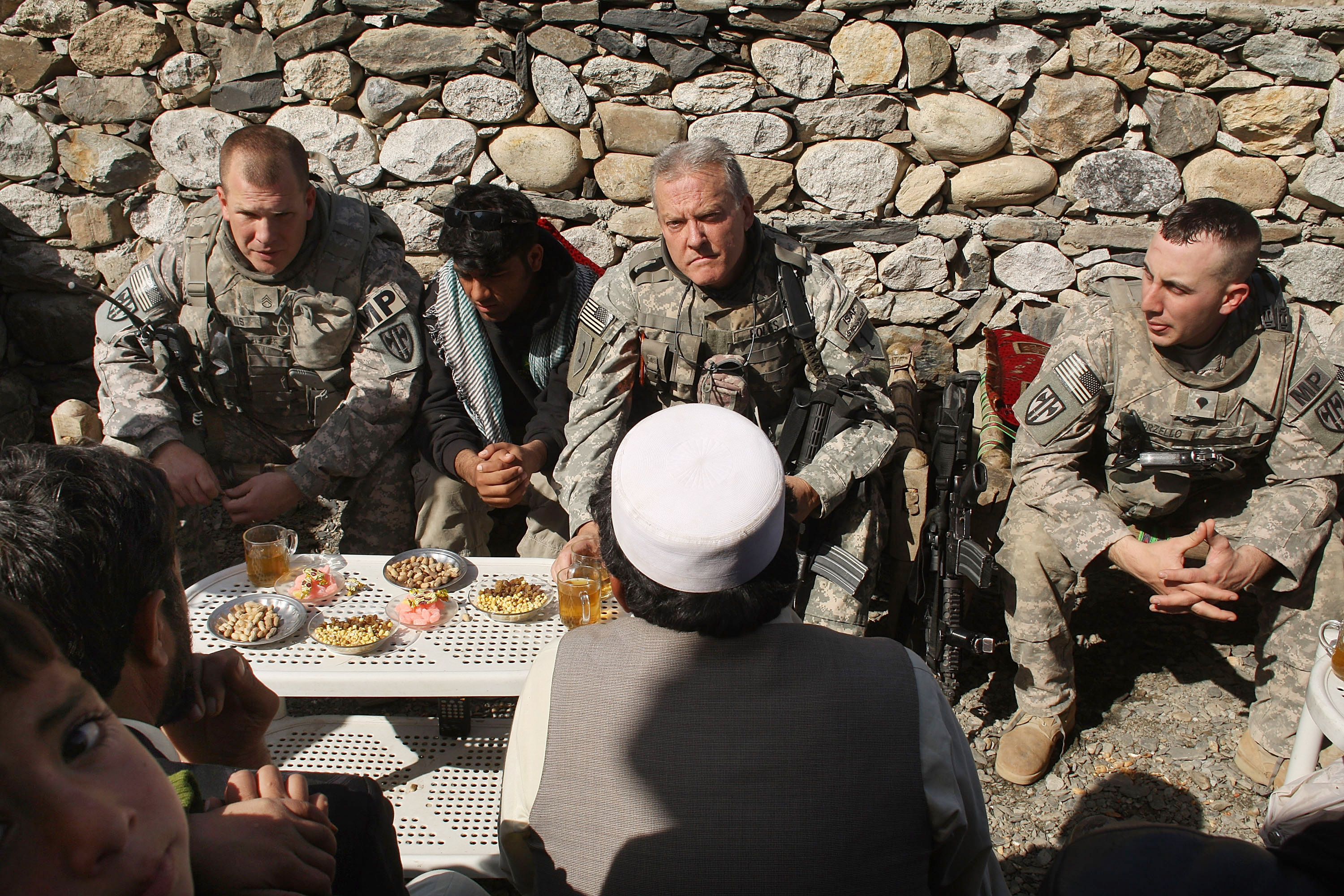 President Obama’s decision to deploy 12,000 more combat forces and 5,000 support personnel to the Afghan mission has drawn huge attention. USA Today’s front-page headline blares “Obama’s war: Deploying 17,000, the president raises the stakes in Afghanistan.” But the US soldiers were already planned to rotate into the theatre and, though the White House is keen to portray this as a Commander in Chief moment and the President making good on his campaign promises, it does not represent a new US Afghan policy. That policy is still being drawn up by Bruce Riedel, the former CIA analyst and Iran expert.
President Obama’s decision to deploy 12,000 more combat forces and 5,000 support personnel to the Afghan mission has drawn huge attention. USA Today’s front-page headline blares “Obama’s war: Deploying 17,000, the president raises the stakes in Afghanistan.” But the US soldiers were already planned to rotate into the theatre and, though the White House is keen to portray this as a Commander in Chief moment and the President making good on his campaign promises, it does not represent a new US Afghan policy. That policy is still being drawn up by Bruce Riedel, the former CIA analyst and Iran expert.
In the end, more troops will be needed. But they won’t be enough. New tactics will also be required. If the aim is to win over the population, the primary objective of the military must be to secure the population and its activities, to counter intimidation from insurgents, to allow reconstruction to take place, and to secure legal economic production and exchange. Doing so will probably require foreign troops to embed themselves ever more closely with the Afghan military, getting out among the people, staffing security stations and patrolling neighbourhoods together with the Afghan army. As General Petraeus likes to say, ‘you can’t commute to the fight.’
But a new political strategy is needed as well. The upcoming presidential elections need to be secured, divisions within the Taliban need to be exploited, the training of both the Afghan army (ANA) and the Afghan police improved and the Pakistani border stabilized.
Coupled with a military surge, such a civilian surge could make a difference. It will not create a democratic, liberalising state. But it could prevent Al Qaeda from using Afghanistan for its activities, contain the Taliban insurgency and create the basis for a pre-Westphalian state that acts against existential threats but has to negotiate its power, access and ability to deliver (limited) services. This would, over time, improve the lives of Afghans and allow the coalition, in several years time, to begin to shift its work from military operations to political mentoring.







Comments